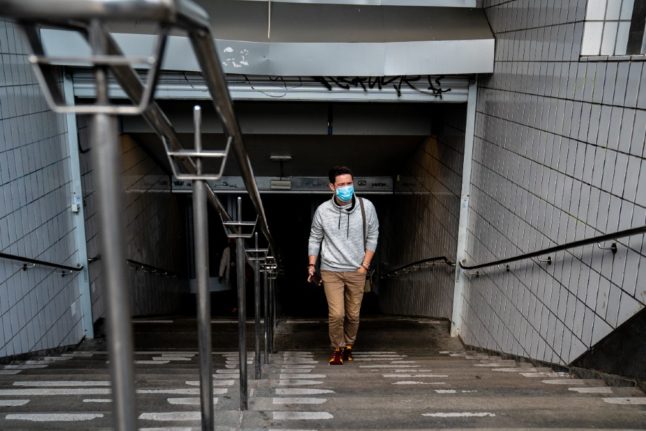After Norway tightened its entry regulations on 29th January, almost all workers from Sweden and Finland who commute daily to Norway have been prevented from going to work, with the exception of health workers and people transporting goods.
This has had significant consequences on a group of around 3000 people who have been unable to work.
The Norwegian Institute of Public Health (NIPH) now believes that a coronavirus test every seven days is sufficient to reduce the risk of infection for this group.
“The infection situation in Norway and in Europe means that we cannot open too much at a time, but it is good that we have now found a solution for this small group of day commuters who have been in a very difficult situation,” says Norway’s Justice Minister Monica Mæland.
Day commuting includes evening and night work, as long as you travel home after work. Commuters to Norway from Finland and Sweden will be exempt from entry quarantine during working hours if they are tested for the coronavirus every seven days.
Commuters must show their negative Covid-19 test taken during the last seven days upon entry. The test must have been taken in Norway, Sweden or Finland, and must have been taken before crossing the border.
Day commuters must also document residence in Sweden or Finland at the border control, and a certificate is required from a Norwegian employer confirming that they are day commuters, including information about place of work, working hours and that distance to home does not prevent day commuting. The individual employee must also register in the entry registration system prior to each entry.
“The government has now put in place a scheme that makes it possible for day commuters from Sweden and Finland to get to work in Norway. This is good news for those who commute”, says Minister of Labour and Social Affairs Torbjørn Røe Isaksen.
The changes will take effect at midnight, the night before Monday 1st March.



 Please whitelist us to continue reading.
Please whitelist us to continue reading.
Member comments